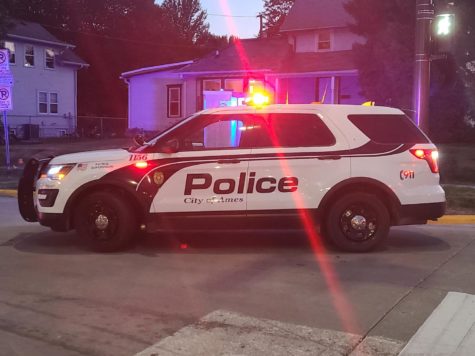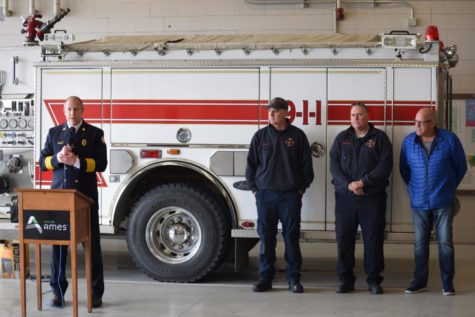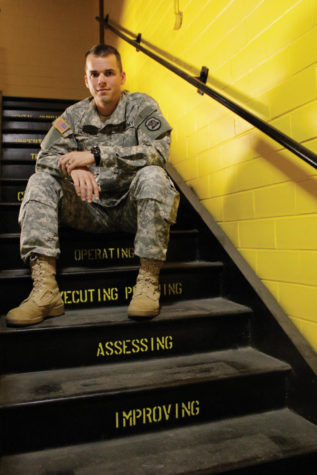After 9/11: Sacrificing liberty for security
September 9, 2011
The terrorist attacks that occurred on Sept. 11, 2001, caused the government to react in a way that would not only change civil liberties but even restrict them for all Americans.
“In times of national crisis, Americans have always been ready to sacrifice civil liberties,” said Barbara Mack, associate professor of journalism and mass communication. “Since Sept. 11, Americans have had their civil liberties taken from them. In many cases they don’t even know it.”
One of the most high-profile responses from the federal government to terrorism in the past decade was the U.S. Patriot Act.
“The U.S. Patriot Act allows the telephone and cellphone conversations of Americans to be monitored without a court warrant,” Mack said. “We have people’s bank accounts and emails being monitored and they will never be aware that government has read them.”
There also has been a change in terms of state action as well.
“We have seen real changes in the infrastructure of Iowa because there has been a huge influx of cash dollars from the federal government,” Mack said. “We have not seen changes in the state open-records law or open-meetings law that are due to Sept. 11. However, we have seen a higher level of police surveillance at the local level and substantial amounts of money are being spent to secure everything from grain elevators to office buildings.”
The First Amendment Center has released a survey for every year beginning since 1997 that deals with the First Amendment; one of the questions on the survey asks if the First Amendment goes too far in the rights it guarantees. According to the 2002 survey, results showed that 49 percent agreed that the First Amendment gives citizens too much freedom.
“9/11 produced more concern about security and security apparatus in the United States,” said Gene Policinski, senior vice president and executive director of the First Amendment Center. “We attribute almost all the dramatically different results in 2002 to fear that stemmed directly from Sept. 11.”
According to the 2011 survey, 79 percent disagreed to that same statement. Policinski worries that if another attack were to occur in the future, there would be a spike just like in 2002.
“I think if we have another major terrorist attack, it’s probably natural to assume people will fear that it could happen again and are too open of a society,” Policinski said. “I think as we have seen in the last 10 years when we have a moment to think about it, it’s those freedoms that are the very things that define our society.”
In the past decade, the landscape of security versus freedom has changed.
“At every level from universities to airports, state legislatures, there is a fear of violence, crime and terrorism,” said Steffen Schmidt, university professor of political science. “There are new laws and security equipment including cameras, surveillance of football games, searches and face-recognition software.”
According to Ben Stone, director of the Iowa Civil Liberties Union, Americans have seen a “tremendous erosion” of their personal integrity freedoms
“Much of the changes have occurred without any serious debate,” Stone said.
Stone believes the rule of law in the past decade has been undermined.
“The rule of law is absolutely essential to having a constitution,” Stone said. “We need to return to expecting the rule of law to be enforced by our policy makers and leaders. Unfortunately right now, the rule of law is largely enforced at the discretion of people in power. That is no way to maintain a free democratic society.”
The Transportation Security Administration was created also as a response from government to secure air traveling. The TSA has received much criticism for violating privacy through the ways it uses security.
“One of the things the ACLU hopes is that this tragic commemoration will do is be a way for Americans to reflect on whether or not giving up privacy has been worth it,” Stone said.
Founding Father Benjamin Franklin stated, “Those who would give up essential liberty to purchase a little temporarily safety deserve neither liberty nor safety.”
Mack agrees to Franklin’s statement, believing it still holds true today.
“It is intriguing to me how much Americans take civil liberty for granted,” Mack said. “We are more than a little cavalier about our rights. We have gotten so used to them [we] have forgotten about how rare and precious they are.”









